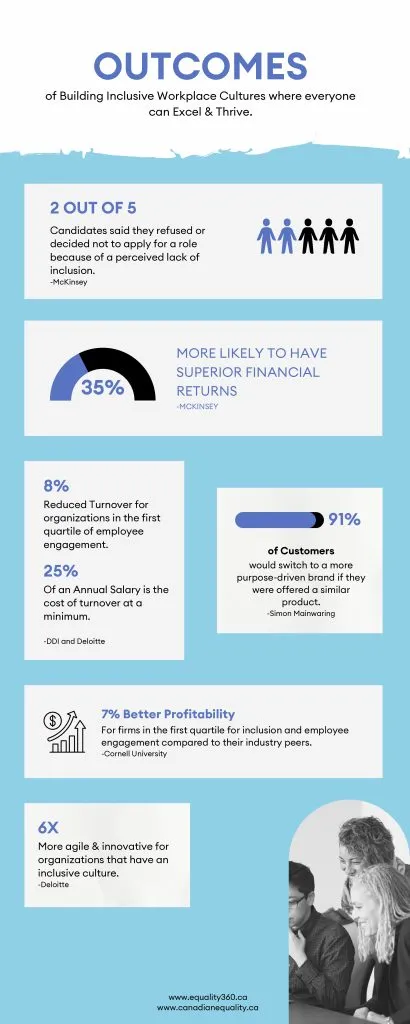
Empowering Workplaces Through Effective Anti-Racism Training
In today’s diverse and interconnected world, fostering inclusive workplaces is no longer optional—it’s essential. Anti-racism training has emerged as a vital tool for empowering organizations to create equitable environments where everyone can thrive. By addressing systemic biases and promoting cultural awareness, workplaces can move from passive inclusion to active advocacy for equity and justice.
The Importance of Anti-Racism Training in Fostering Inclusive Work Environments
Moving Beyond Awareness
Anti-racism training goes beyond traditional diversity training by actively challenging systemic racism and encouraging individuals to identify, understand, and dismantle inequities in their workplace practices. These programs aim to create not just awareness but actionable change, empowering employees and leaders to confront biases and advocate for racial equity.
Workplaces that embrace anti-racism training are better equipped to:
- Address unconscious biases in hiring, promotions, and decision-making.
- Build trust among employees by fostering an environment where everyone feels valued and respected.
- Strengthen organizational culture by aligning values with equity and justice.
The Case for Anti-Racism
Research has shown that inclusive organizations experience greater innovation, higher employee satisfaction, and stronger financial performance. Anti-racism training directly contributes to these outcomes by fostering a sense of belonging and ensuring that diverse voices are heard and valued.
Furthermore, companies that actively combat racism enhance their reputation as socially responsible organizations, attracting top talent and earning loyalty from increasingly equity-conscious customers.
How Cultural Awareness and Intersectionality Shape Anti-Racism Initiatives
Cultural awareness is a cornerstone of effective anti-racism training. It involves recognizing and respecting the diverse identities, experiences, and values that individuals bring to the workplace. By increasing cultural awareness, organizations can address microaggressions, reduce misunderstandings, and promote meaningful collaboration.
For example, cultural awareness training might include:
- Workshops on the historical and systemic roots of racism and how they manifest in the workplace.
- Discussions on the impact of stereotypes and how to avoid perpetuating them.
- Activities that encourage employees to share their cultural perspectives, fostering empathy and understanding.
When cultural awareness becomes a shared value, organizations create an environment where differences are celebrated rather than tolerated.
The Role of Intersectionality
Intersectionality, a term coined by Kimberlé Crenshaw, highlights how different aspects of identity—such as race, gender, sexuality, and ability—intersect to shape an individual’s experiences of privilege and oppression.
Incorporating intersectionality into anti-racism initiatives ensures that programs are inclusive of all marginalized groups and address the unique challenges faced by individuals with intersecting identities. For instance:
- Black women may face both racism and sexism, requiring tailored strategies to address these overlapping forms of discrimination.
- 2SLGBTQIA+ employees of color may experience distinct biases that differ from those of their heterosexual or cisgender peers.
By acknowledging these complexities, organizations can design anti-racism initiatives that truly leave no one behind.

How DEI Certification Elevates Your Organization’s Commitment to Equity
Diversity, Equity, and Inclusion (DEI) certifications are more than just credentials—they are a testament to an organization’s dedication to building equitable workplaces. These programs equip individuals with advanced knowledge and practical tools to lead anti-racism efforts effectively.
Key benefits of pursuing DEI certifications include:
- Enhanced Expertise: Certifications provide a comprehensive understanding of equity frameworks, anti-racism strategies, and inclusive leadership.
- Organizational Credibility: Supporting employees in obtaining DEI certifications demonstrates an organization’s genuine commitment to equity, boosting trust among employees and stakeholders.
- Practical Impact: Certified professionals are better equipped to design and implement anti-racism policies, ensuring sustained progress.
Building Internal Capacity
Organizations that invest in DEI certifications empower their employees to become change agents within the workplace. Certified leaders can:
- Conduct equity audits to identify and address disparities in compensation, promotions, and representation.
- Develop training programs that resonate with employees and drive cultural transformation.
- Serve as advocates for underrepresented groups, ensuring their voices are amplified in decision-making processes.
A Signal of Accountability
Earning DEI certifications also holds organizations accountable. It sends a clear message to employees, clients, and the broader community that the company is not only aware of systemic inequities but actively working to dismantle them.
Conclusion
Empowering workplaces through effective anti-racism training is not just a moral obligation—it’s a strategic necessity. By investing in these programs, organizations can foster inclusive environments where all employees feel valued and empowered to contribute their best.
Cultural awareness and intersectionality are key to shaping anti-racism initiatives that address the unique needs of diverse teams, while DEI certifications elevate an organization’s commitment to equity, ensuring lasting impact.
As workplaces across industries grapple with the realities of systemic racism, those that embrace innovative solutions and prioritize anti-racism will lead the way in creating a fairer, more inclusive future. Now is the time to act—because equity isn’t just the right thing to do; it’s the smart thing to do.

